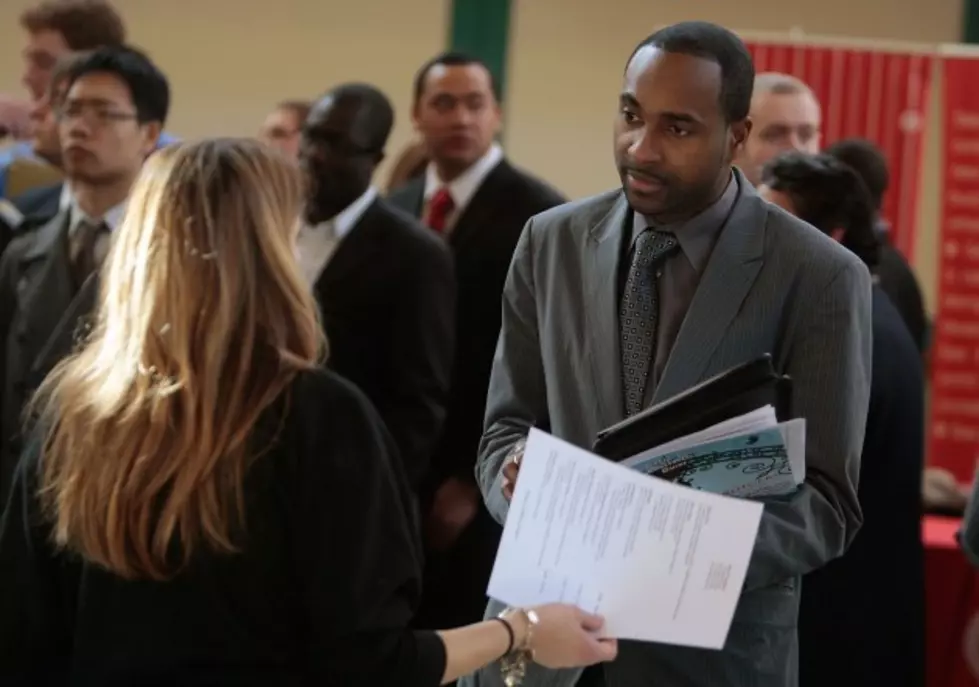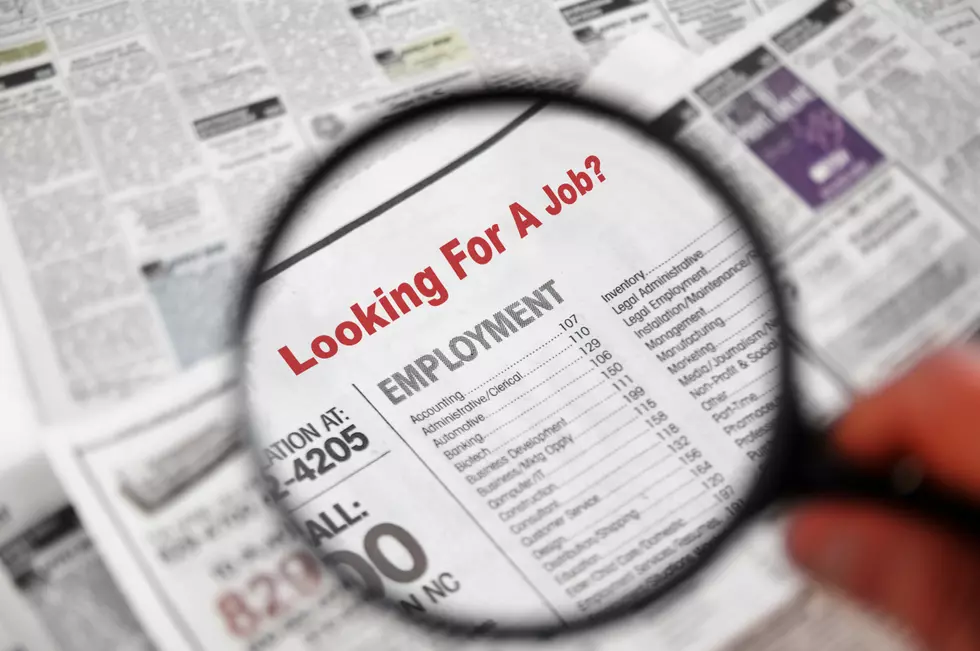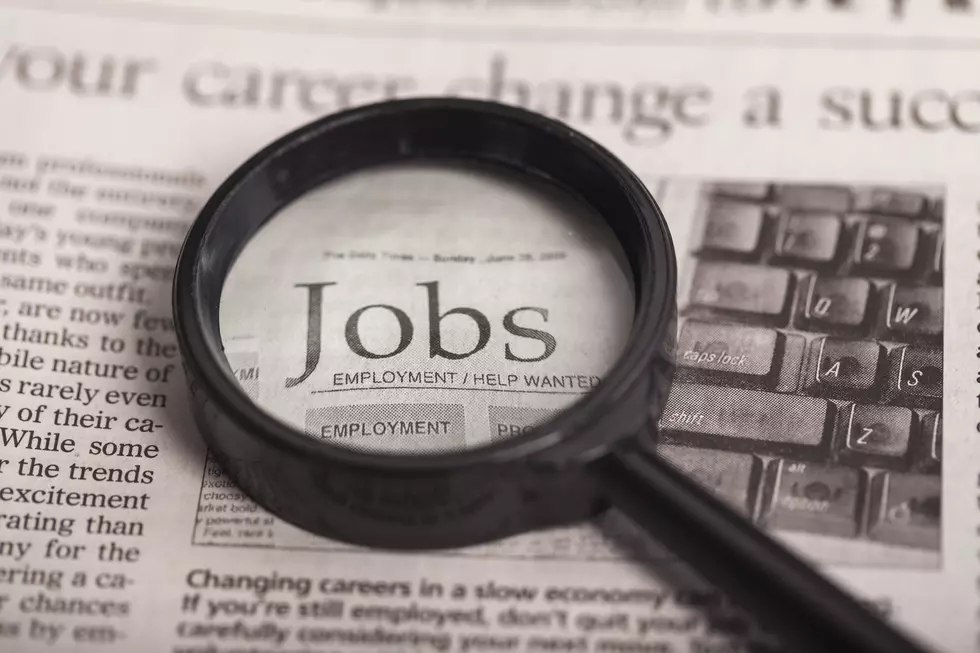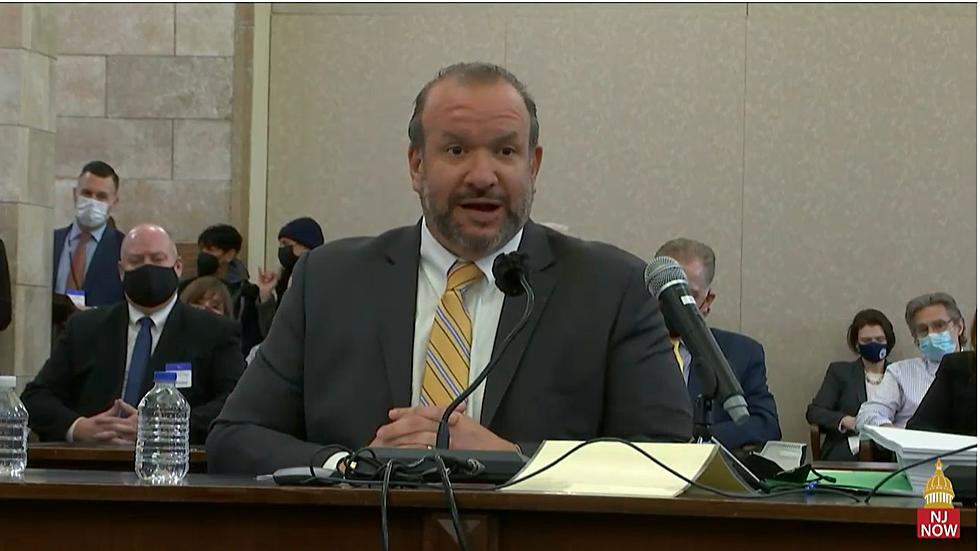
Unemployment Benefit Applications Jump To 399,000
The number of people applying for weekly unemployment benefits spiked last week, largely because companies let go of thousands of workers after the holiday season.The Labor Department said Thursday that applications jumped by 24,000 to a seasonally adjusted 399,000, the most in six weeks.
That followed three months of steady declines that brought applications to the lowest level in more than three years.
Applications typically soar in the first two weeks of the year. That's because many companies lay off temporary workers who were brought on to help during the holidays. The department tries to adjust for those patterns. But the task is difficult because the data can be volatile.
The four-week average, which attempts to smooth such fluctuations, also rose, to 381,750. It had fallen in the previous week to a three-and-a-half-year low.
When applications drop below 375,000 -- consistently -- that generally signals hiring is strong enough to reduce the unemployment rate. Prior to last week's spike, applications had been below 375,000 for three of the past four weeks.
The unemployment rate fell in December to 8.5 percent, a three-year low. Employers added 200,000 net jobs, double November's 100,000 gain.
The economy gained 1.6 million jobs last year, up from 940,000 in 2010. Economists forecast roughly 1.9 million more jobs will be added this year, according to a survey by The Associated Press.
Still, the job market has a long way to go before it recovers from the damage inflicted by the Great Recession, which wiped out 8.7 million jobs. There are still more than 13 million unemployed people in the United States. And millions more who have given up looking and are no longer counted among those out of work.
The pickup in hiring reflects greater economic growth. The economy will likely expand by more than 3 percent at an annual rate in the final three months of last year, economists expect. Rising consumer spending will likely power much of the gain. That would be a sharp improvement over the 1.8 percent growth in the July-September quarter.
Even so, economists worry that growth could slow in the first half of 2012. Europe is almost certain to fall into recession because of its financial troubles.
And wages didn't keep pace with inflation last year. So without more jobs and higher pay, consumers may have to cut back on spending. That could drag on growth next year. Consumer spending accounts for 70 percent of economic activity.
(Copyright 2012 by The Associated Press. All Rights Reserved.)
More From New Jersey 101.5 FM









